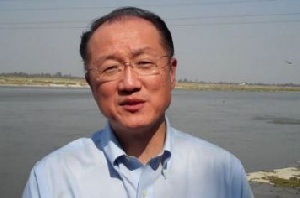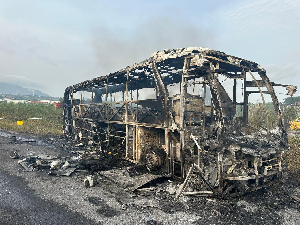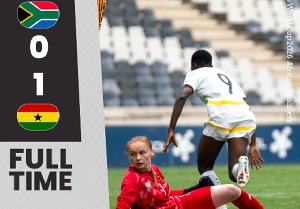World Bank President, Jim Yong Kim indicated that African “demand for access to power” may lead the lender to support coal projects on the world’s poorest continent.
“We are very sensitive to the idea that Africa deserves to have power,” Kim said, referring to the possibility of supporting coal projects. “There’s never been a country that has developed with intermittent power.”
Africa is experiencing an “almost energy apartheid,” where two-thirds of the population lacks access to power, Kim said in a Bloomberg Television interview on the sidelines of the U.S.-Africa Business Forum in Washington.
World Bank funds will be invested in clean energy as much as possible, with a focus on hydroelectric, solar, geothermal and wind. It will “try to avoid” investing in coal, Kim said, “but at the same time, we’ve got to respect the Africans’ demand for access to power.”
The Washington-based lender said today it’s committing $5 billion to boost electricity generation inEthiopia, Ghana, Kenya, Liberia, Nigeria, and Tanzania.
Last year, the World Bank said it would stop financing coal projects except in rare cases “where there are no feasible alternatives available to meet basic energy needs and other sources of financing are absent.”
Exiting Poverty
The proposition would force the lender and its biggest shareholder, the U.S., to make an exception in their clean-energy commitments and concede that burning coal can be the fastest route out of poverty.
The International Monetary Fund said July 24 it estimates sub-Saharan Africa’s economies will grow 5.4 percent this year and 5.8 percent in 2015, compared with 1.7 percent and 3 percent in the U.S. for the same two years respectively.
Energy shortages are a major obstacle to more robust growth, with about 70 percent of the population lacking electricity, according to the International Energy Agency.
U.S. President Barack Obama’s administration has proposed a Power Africa program, which still requires action by Congress, a five-year $7 billion plan to double access to power in Ethiopia, Ghana, Kenya, Liberia, Nigeria and Tanzania.
Business News of Thursday, 7 August 2014
Source: Bloomberg
World Bank may support African coal power
Entertainment












